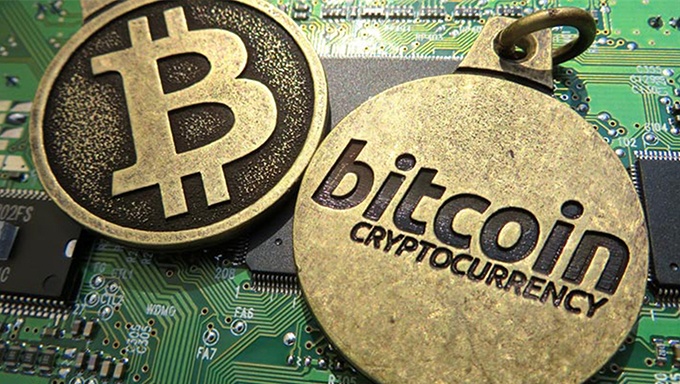Online Casino Strategy

Casino table games have their own challenges and most offer gamblers a chance to rely on skill and l...

As one of the most universally recognised games, and a popular draw both online and in live casinos,...

With thousands of slot games available online right now, it can be hard to sift through the mud and...

Bitcoin is a digital currency, or cryptocurrency, that is created and stored electronically. It is d...

The Martingale System is an easy to understand gambling system based on simplicity and logic. It is...

From slot machines that never win to roulette wheels that stop when the dealer chooses, here are a f...

It might look simple but craps is probably one of the most complicated and intimidating games you'll...

The 'Don’t Pass' and 'Don’t Come' bets are usually frowned upon by live casino players, and are unli...

Online casinos aren't just your own private gambling space - they're a portal to a world of profit,...

Gambling, in one form or another, has been around for centuries. It's almost as old as civilisation...

Slot machines are some of the more vibrant and enticing games in any land-based or online casino.

When Martingale seems tiresome and Fibonacci's a chore, it's time to refresh your roulette repertoir...

London is undoubtedly one of the gambling capitals of Europe, with dozens of fantastic locations spr...

Break out the popcorn and put your feet up. Gambling.com has unleashed the 11 best gambling movies o...



